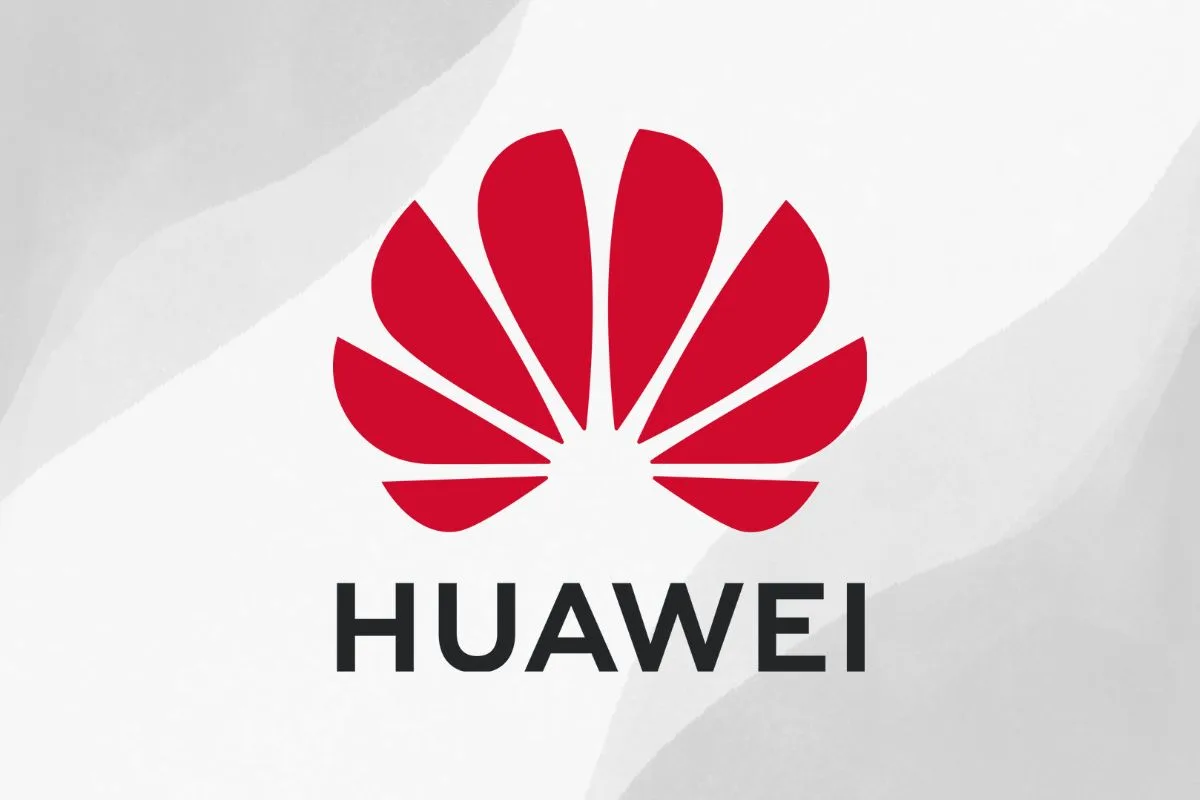Huawei is changing its strategy by reducing the pace of phone production to concentrate on its AI chip, Ascend 910B, which shows a the company’s commitment towards the growing field of artificial intelligence (AI). This move entails a reduction in the rate of production of its Mate 60 smartphones at least in one factory. This is evident from the recent success of Mate 60, which has outpaced Apple in terms of phone sales in China despite Huawei’s bias for AI chips that underscores its belief on how transformative AI can be to the tech industry.

The Ascend 910B chip is an essential component for AI model development, and the increase in its production coincides with the growing need for AI chips under China. Chinese AI developers find it difficult to get quality foreign-made chips because of trade restrictions, which makes Huawei’s focus on Ascend 910B a deliberate effort as the company moves towards dominance in its domestic market.
Huawei’s move towards AI also mirrors the bigger picture of Chinese tech firms exploring artificial intelligence. Although lagging behind world leaders such as OpenAI and Google, companies like Baidu are developing their AI projects. China’s proactive approach toward AI further confirms the country’s interest in determining the future of this technology. Huawei’s forward thinking approach prepares the company to address current challenges while investing in AI long-term significance.










